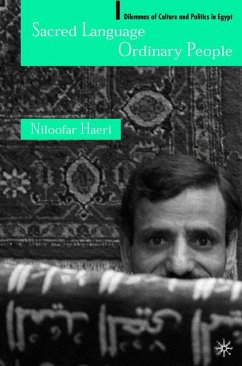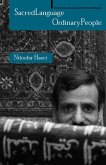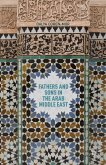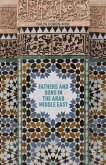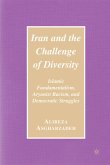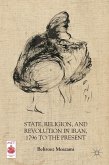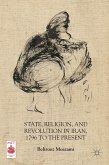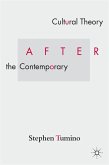The cultures and politics of nations around the world may be understood (or misunderstood) in any number of ways. For the Arab world, language is the crucial link for a better understanding of both. Classical Arabic is the official language of all Arab states although it is not spoken as a mother tongue by any group of Arabs. As the language of the Qur'an, it is also considered to be sacred. For more than a century and a half, writers and institutions have been engaged in struggles to modernize Classical Arabic in order to render it into a language of contemporary life. What have been the achievements and failures of such attempts? Can Classical Arabic be sacred and contemporary at one and the same time? This book attempts to answer such questions through an interpretation of the role that language plays in shaping the relations between culture, politics, and religion in Egypt.
Hinweis: Dieser Artikel kann nur an eine deutsche Lieferadresse ausgeliefert werden.
Hinweis: Dieser Artikel kann nur an eine deutsche Lieferadresse ausgeliefert werden.
'[T]his is one of the most interesting books I have ever read on language. It is certainly unique insofar as the study of Arabic is concerned, for no linguistic ethnography exists for Classical Arabic'. - Steven C. Caton, Professor of Contemporary Arab Studies, Harvard University
'I don't know of anyone who has carved out the subject Haeri is pursuing in such original fashion. She writes clearly about a very complicated set of issues, and she has a wonderful way of blending theory with empirical work'. - Philip S. Khoury, Professor of History, Massachusetts Institute of Technology
'Haeri's fine book explores one of the most fundamental distinctions in human communication systems-formal versus informal-by examining one of the world's most important official languages-Classical Arabic. She shows that understanding the role of formal language in society is crucial to an understanding of the state and its relation to symbolic capital. This subtle and well-written analysis is only possible because Haeri relies on concrete ethnographic data of language in practice for her examples'. - Joel Kuipers, George Washington University, Institute for Ethnographic Research
'I don't know of anyone who has carved out the subject Haeri is pursuing in such original fashion. She writes clearly about a very complicated set of issues, and she has a wonderful way of blending theory with empirical work'. - Philip S. Khoury, Professor of History, Massachusetts Institute of Technology
'Haeri's fine book explores one of the most fundamental distinctions in human communication systems-formal versus informal-by examining one of the world's most important official languages-Classical Arabic. She shows that understanding the role of formal language in society is crucial to an understanding of the state and its relation to symbolic capital. This subtle and well-written analysis is only possible because Haeri relies on concrete ethnographic data of language in practice for her examples'. - Joel Kuipers, George Washington University, Institute for Ethnographic Research

